Women in Innovation Sector Advance in Halifax
September 1, 2020
By Carol Moreira
In August, the rise of women into executive roles in the innovation community became a noticeable trend. The Halifax Innovation District also saw developments around the pandemic and senior care, while some startups, including several focused on the environment, continued to thrive during the COVID-19 crisis.
The women rising to prominence include former Emera executive Melanie Nadeau, who has been named CEO of the Centre for Ocean Ventures and Entrepreneurship (COVE). Nadeau will supervise the technology park, which includes the Start-Up Yard facility for innovative new ventures.
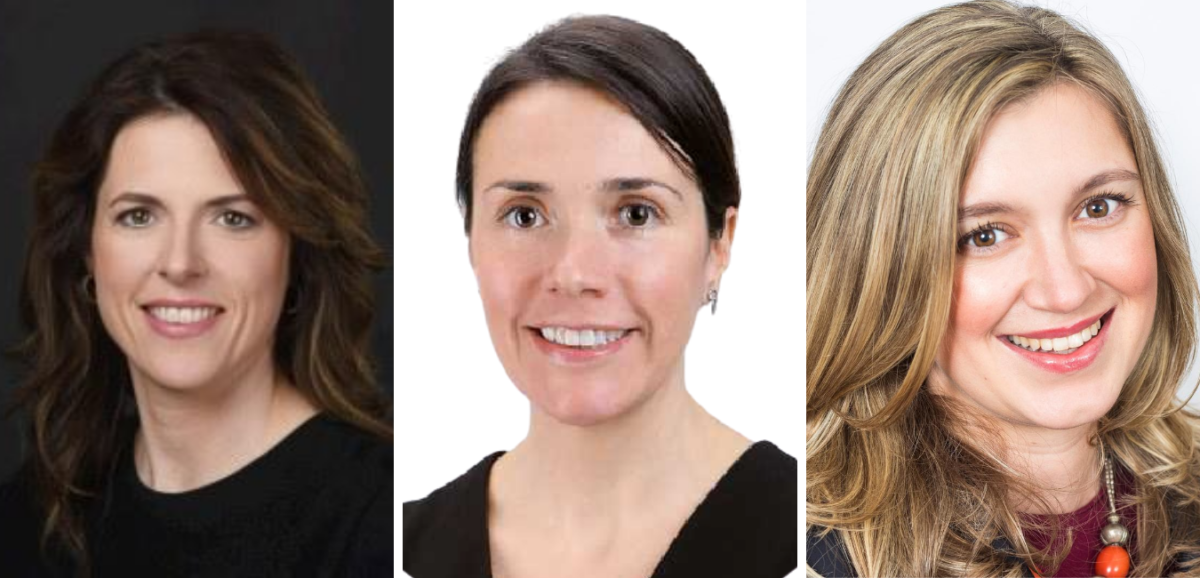
In May, diversity proponent Danielle Graham was named Investment Principal of Sandpiper Ventures. The $20 million fund will support female entrepreneurs across the country and is the first project of the Atlantic Women’s Venture Fund.
And Martha Casey was named CEO of innovation hub Volta. Formerly Volta COO and Executive Director of Dalhousie University’s Office of the President, Casey is working on a strategic review that focuses on collaboration, diversity and sustainability.
She told Entrevestor that support organizations must increase collaboration.
“Some people say there’s too much duplication, but rather than focusing on duplication, let’s look at what’s complementary,” said Casey. “What can we do best? And if we’re not the lead in something how can we support others in doing it?”
She said founders have managed to stretch out their cash and make sales during the pandemic.
“I’m optimistic. I’ve seen great discipline by the companies and a great willingness to listen to advice.”
Appili COVID Drug Trial Okayed by FDA
America’s Food and Drug Administration allowed Appili Therapeutics to expand its Phase 2 clinical trial of the drug Favipiravir, which has the potential to prevent the spread of COVID-19 in care homes.
Appili said in May it would begin Phase 2 trials of the drug in Canada. Now the trial, which it is conducting with Fujifilm Toyama, will include the U.S.
“The limited response to vaccines often seen in the elderly further supports expanding this trial into the U.S," said Appili CEO Armand Balboni in a statement.

The company is among the region’s life sciences companies to thrive during the crisis. In Nova Scotia, the sector has raised more than $67 million in equity capital this year, with $27 million being raised by Appili. Appili and two other local publicly listed ventures IMV and Sona Nanotech had a combined market capitalization that exceeded $1 billion in August.
Meanwhile, the CBC reported that a COVID-19 clinical trial between a research team based at Dalhousie University and Chinese company CanSino Biologics has been abandoned because Chinese customs officials haven’t allowed the potential vaccine to be shipped to Canada.
The collaboration between CanSino Biologics and the National Research Council of Canada involved researchers at the Canadian Center for Vaccinology at Dalhousie. The vaccine, Ad5-nCoV, has been through human trials in China with promising results, the CBC said.
Scott Halperin, Director of the vaccinology center, said CanSino's vaccine is one of those furthest along in terms of approval, so it could have been one of the first available to Canadians.
"There are other vaccines in the pipeline, and there will be plenty of other studies that are [being] done with other vaccines that will hopefully also look good," Halperin said.
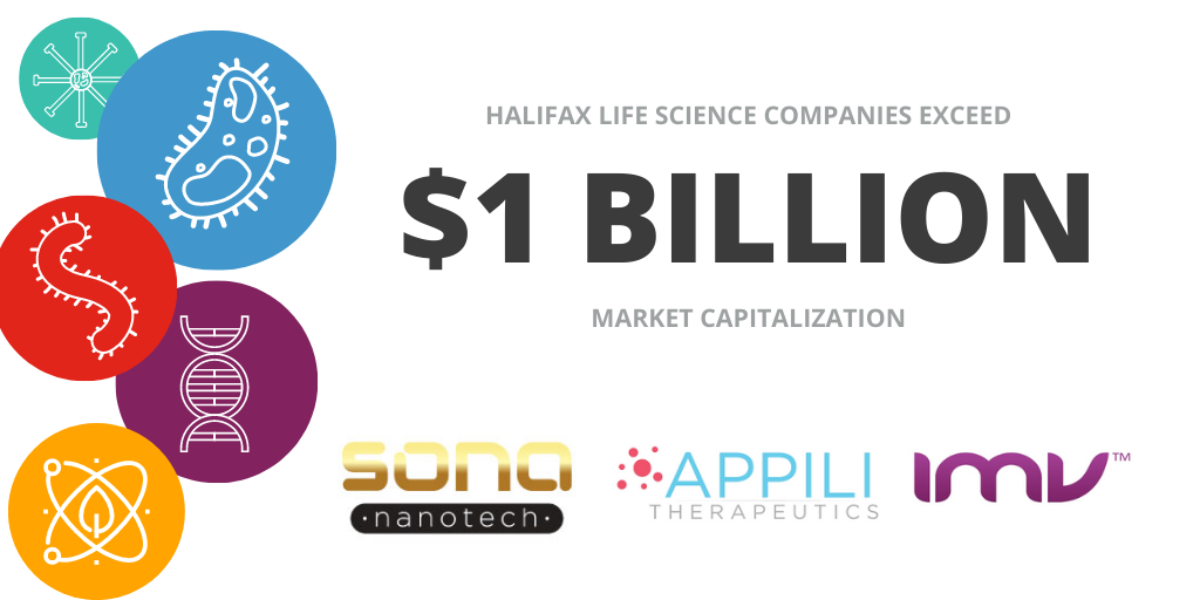
Nxtgen in U.S. Care Homes
Nxtgen Care which monitors the movements of residents and staff in assisted living premises, has signed a deal with a big U.S. care home company to install its technology in 50 facilities in five states. The company is prioritising outfitting new, currently unoccupied premises over occupied facilities to lessen the risk of spreading COVID-19.
“The challenge for us right now is being able to say ‘yes’ to new clients and being able to deploy our platform in a timely manner,” CEO David Burke told Entrevestor.
Nxtgen’s platform uses wearable Bluetooth devices to track the locations of staff and residents. The data allows the company to measure the type and quality of social interactions. This is important as loneliness increases elderly people’s risk of dying by 45 percent and their risk of suffering serious health problems by 59 percent.
The technology can also be used for contact-tracing, which is of obvious use at this time. Future software will allow care homes to track inventories of PPE (Personal Protective Equipment).
“[COVID-19] has had a tremendous positive impact on our business,” Burke said.
HomeEXCEPT Boosts Presence
HomeEXCEPT, a company that focuses on senior safety, has launched an Indiegogo campaign to boost its online presence as well as raise funds.
HomeEXCEPT uses sensors that track temperature, humidity and air pressure to assess the safety and behaviour of seniors who live alone. Sensors monitor for things like stoves being left on or drawers that contain important medication being opened and closed.
CEO John Robertson told Entrevestor that the crowdfunding campaign which has a target of $19,750, will boost the venture’s profile.
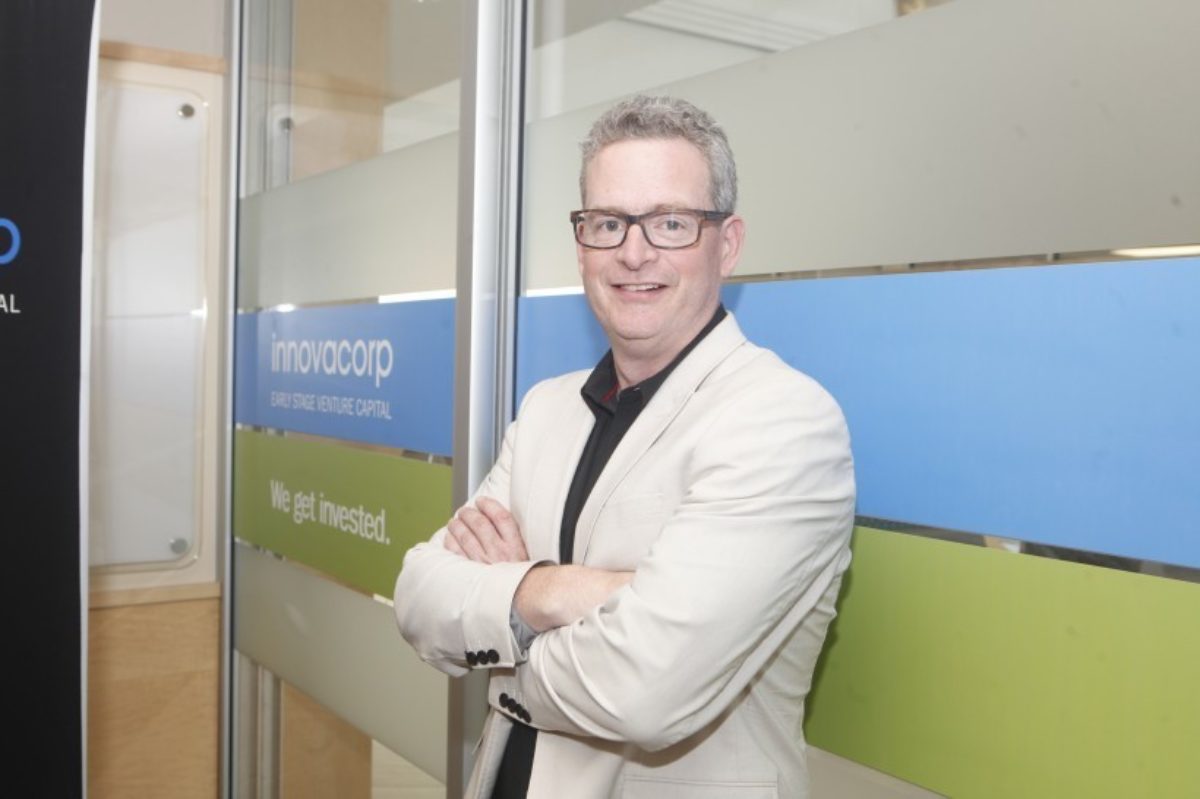
Robertson said the company is planning a $500,000 seed round. Many investors have been cautious because of the pandemic although some who have done well during the crisis offer better prospects.
Research Uses UV Light to Decontaminate PPE
Researchers at Nova Scotia Health and Dalhousie University are looking at using the UV light treatment routinely used to disinfect water and wastewater to decontaminate the N95 masks used by healthcare workers, Medical Xpress reported.
N95 masks are not supposed to be re-used and are not usually decontaminated. However, a crisis can cause shortages that necessitate decontamination and re-use.
"We thought about our research knowledge in water disinfection and realized that UV technology could be a great fit," Graham Gagnon, Director of the Center for Water Resources Studies and Associate Vice-President Research at Dalhousie University, told Medical Xpress.
UV light for disinfection is useful because it’s touchless, can be used without altering a room's ventilation, does not leave residue and works quickly. Researchers experimented with various pathogens and early results were encouraging.
"So far the results look very good and we suspect that UV technology will remain as an effective disinfection technology for N95 masks," Gagnon said.
ACOA Supports Dispension Opioid Kiosks
Dispension Industries, a maker of opioid dispensing equipment that helps prevent overdoses, obtained a $500,000 loan from the Atlantic Canada Opportunities Agency.
Dispension’s MySafe kiosks allow the controlled distribution of opioids to registered users. Five of the machines will soon be installed across Canada by the non-profit MySafe Society, including one in Dartmouth.
“The major benefit ... is that it’s a scalable, low-cost and data-driven way to provide people with access to a safe supply of prescribed medication,” company president Corey Yantha told Entrevestor.
The kiosks use touchless palm scanners to identify pre-approved users. MySafe touchless technology is useful during a pandemic.
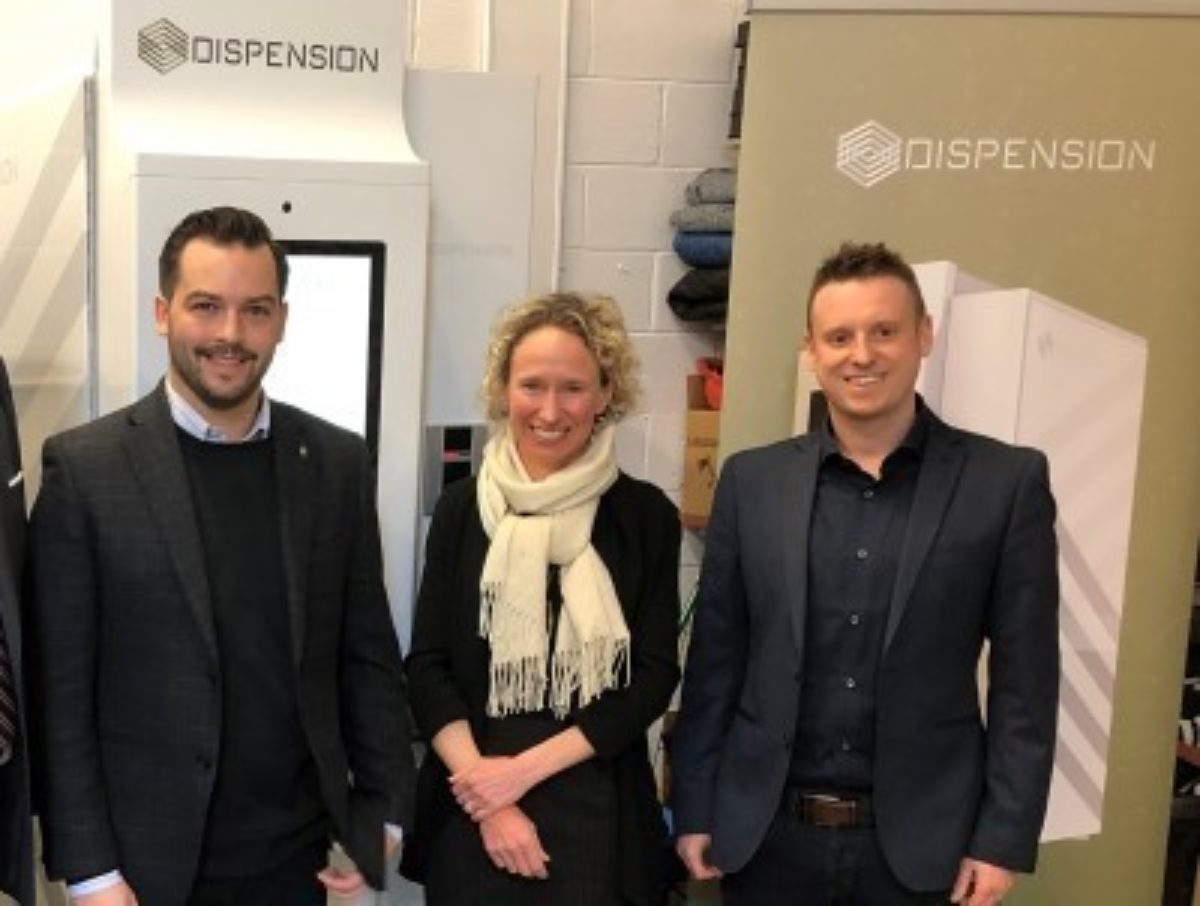
"People at highest risk for opioid overdose often lack stable shelter, access to proper hygiene, medication and basic food supplies, making them a particularly vulnerable group for COVID-19 exposure,” said Yantha.
Graphite Innovation and Transport Canada Ink Deal
Graphite Innovation and Technologies, or GIT, and Transport Canada struck a $2.4 million deal to create technology to reduce underwater noise pollution and ships’ greenhouse gas emissions.
GIT makes graphene coatings that prevent corrosion and boost the durability of hulls and equipment used in extreme environments. Graphene is a carbon-based material that can conduct heat and electricity and is 200 times stronger than steel.
In a statement, GIT said that underwater noise levels have more than tripled, on average, since the 1950s.
“During COVID-19 ... we’ve noticed the big whales up in Vancouver not needing to scream underwater anymore to find each other because the noise pollution is reduced.”
Lloyd’s Register, a firm specializing in engineering and technology, will help monitor the success of the graphene coating on First Nations’ boats. GIT is currently raising a $4 million to $5 million funding round and is open to new strategic partners.
Outcast and Sobeys Cut Food Waste
Outcast Foods and Sobeys are cutting food waste in Sobeys’ Debert distribution centre and various Nova Scotia stores.
Outcast uses technology to dry unsellable fruits and vegetables, locking in nutrients and extending shelf life to three years. Surplus produce becomes Plant Strong Protein products, which are sold in Sobeys’ stores.
“The days of sending edible food to the landfill are coming to an end…” Outcast Foods CEO Darren Burke said in a statement.
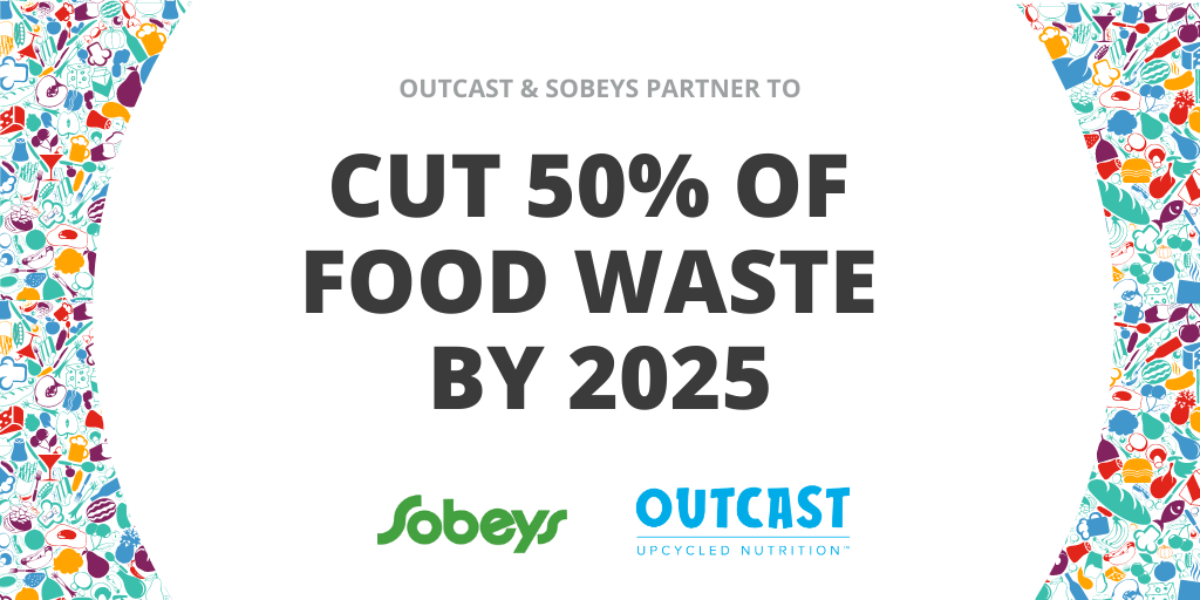
LeadSift Cracks $1 Million in Revenue
LeadSift, which uses data analytics to help small and medium-sized tech firms find sales leads in the business-to-business market, has cracked $1 million in annual revenue and is launching a new software feature.
CEO Tukan Das told Entrevestor that LeadSift has weathered the pandemic well.
“Fortunately, we were in a position where there’s more of a tailwind in our industry, with more data needed, and data specifically for helping other B2B companies identify their buyers,” he said.
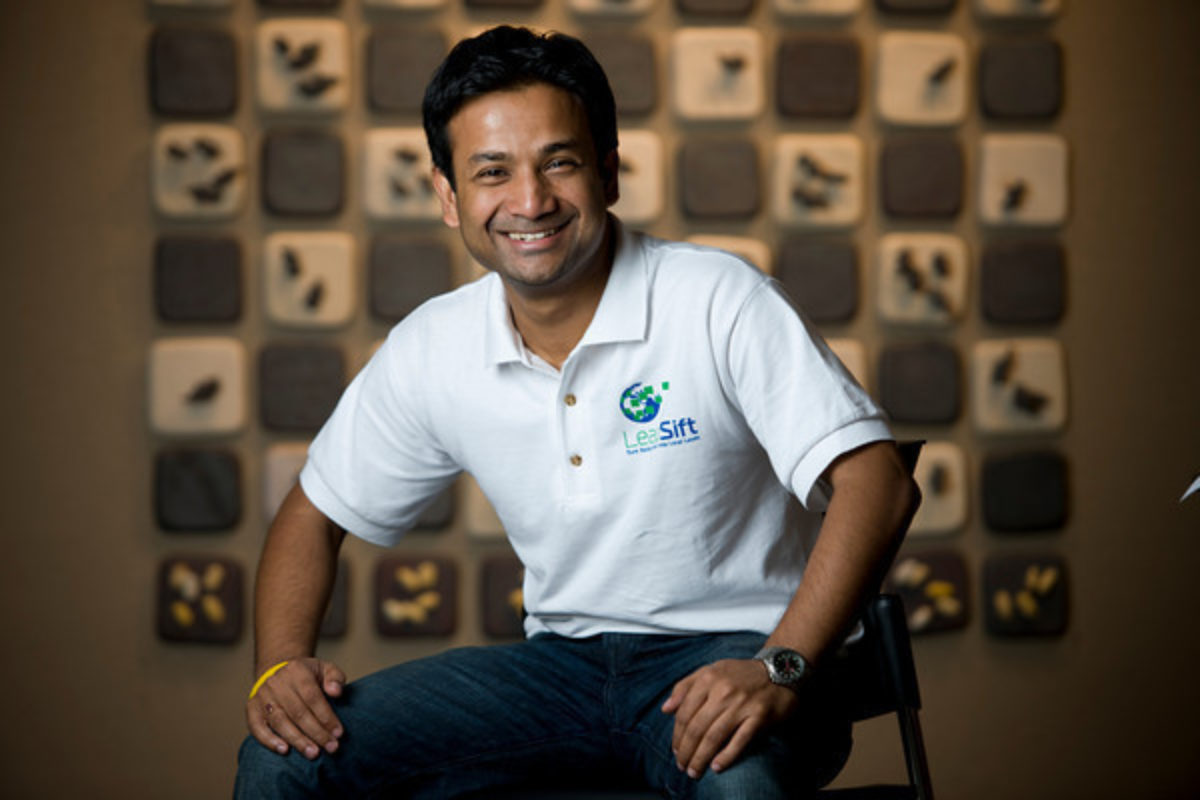
LeadSift broke the $1 million annual revenue mark just before the pandemic. Revenue subsequently fell, and Das signed a deal with Innovacorp to provide LeadSift’s software to Nova Scotian companies free for six months, with Innovacorp paying half the subscription fees.
The new addition to its software allows salespeople to track which software tools potential buyers have already bought in order to help business development teams develop messaging.
LeadSift’s sales stats are now higher than before the pandemic and revenue is increasing at about 5 percent month-on-month.
Local Halifax Companies Make Google List
Two Halifax area companies have made the inaugural cohort of the Google for Startups Accelerator Canada, a virtual program for ventures in the seed and series A funding stages.
Eyeread and Curv Health are among nine companies in the accelerator, which will be held virtually.
Eyeread is the corporate name for Squiggle Park and Dreamscape -- gaming platforms that teach children to read. Curv’s technology assesses videos of people in motion and uses the data to develop fitness routines that prevent or treat injuries. The accelerator provides a chance to capitalize on Google’s product-development expertise.
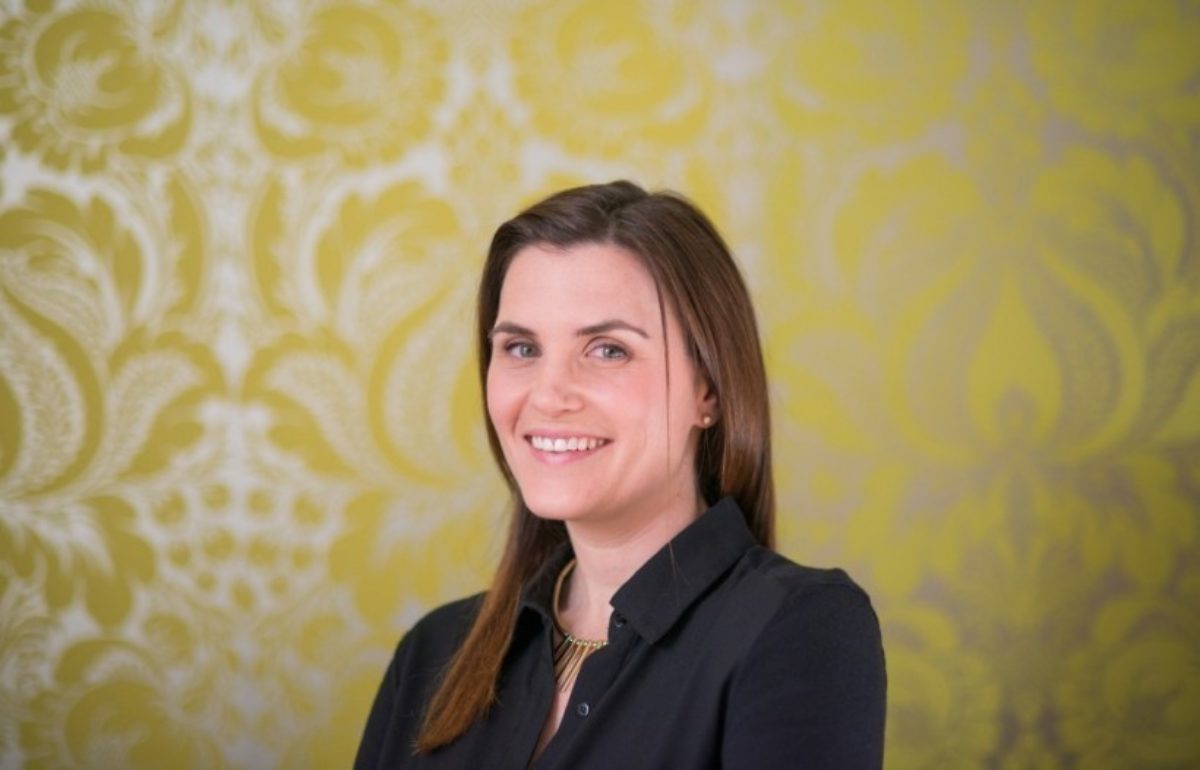
“Given that our focus is scaling our user base, one of the most exciting pieces is to work closely with Google teams to develop growth strategies and growth channels,” she said.
Curv Health CEO Shea Balish said the opportunity will improve the team’s healthcare expertise and its machine learning technology.
He said the pandemic has helped create opportunities for Curv as physiotherapy patients who previously visited clinics or hospitals are now looking at Curv’s AI-generated workout plans.
Rivard Dexter said the pandemic has also boosted her sector.
“For education technology generally speaking, COVID was exceptionally helpful. But for us in particular, it’s been even more beneficial for our company. That sounds wrong when you’re talking about a pandemic, but in terms of the growth, it’s been hugely important.”